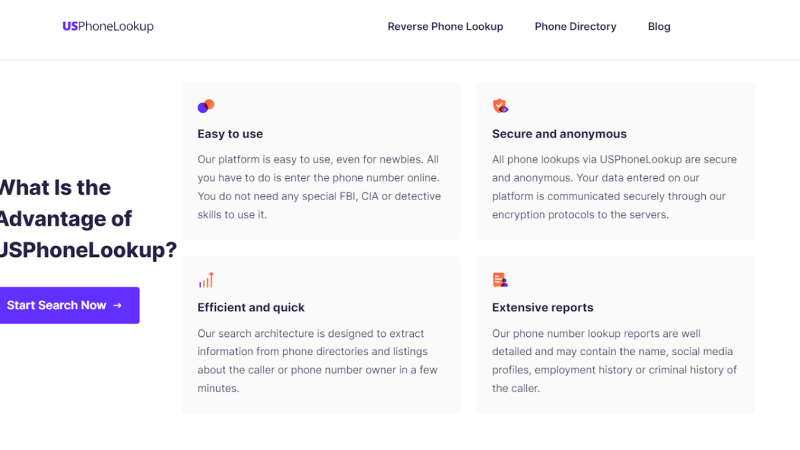Colocation vs AWS: What’s the Difference?
Colocation is defined as the method of storing networking equipment in a data center. You also rent space for privately owned servers in these data centers. These data centers run thanks to services such as internet service providers and there are many benefits to utilizing colocation. Still, there are many different aspects that you will have to take note of in comparison to an Amazon Web Service.

Amazon Web Services, or AWS, are the well known cloud platform that is operated by Amazon. It is so popular that it outshines every other competitor in the market. While colocation seems to be a cheaper option, AWS actually has a multitude of advantages. There are also a few hidden costs of colocation that you will have to be aware of when you begin to weigh the pros and cons. Here are a few key differences between colocation and AWS.
The Difference Between Colocation and AWS
Benefits of Colocation
There are many different benefits to using colocation as a solution as Datasite Orlando explains in https://www.datasitecolo.com/data-centers/orlando/colocation/ When your resources are moved to a datacenter, you will be able to oversee how your hardware and software is administered. As far as connectivity goes, you will be able to have a high connection speed right at your fingertips within a data center. It is also a highly cost-efficient and simple option if you are searching for simplicity.
The level of security you will receive from colocation will also prove to be excellent. The systems have a high level of security to protect your resources from theft. Your equipment will have a much longer life span thanks to the tightly controlled cooling within the data center. In a colocation service, you can rent the server storage space or racks, which is housed in a dedicated building of the colocation data center or service provider. Similarly, you do not have to maintain a team of network/hardware engineers, as the service provider offers everything, including the bandwidth, physical security and the space. Here in Newark CA an expert like “Dataknox ” provides such services to business enterprises. Surely you may find benefits such as these to be quite useful. However, you will need to compare these benefits to those that are offered by AWS.
Benefits of AWS
With AWS, you will not have to worry about hidden costs like you would with colocation. There are many different tools you can use for innovative purposes. AWS provides many services such as email, security, servers, and much more. The main products are Glacier, S3, and EC2. With the help of these products and the overall effectiveness of AWS, it has outdone its competitors.
Glacier is Amazon’s cloud storage service, EC2 is the virtual machine service, and S3 is the storage system. These three products, along with other services, helped Amazon achieve a third of the market. It is also important to note that AWS is Amazon’s main profit driver. The combination of these factors has contributed to Amazon’s overall success.
Security of AWS
AWS’s level of security is unparalleled in comparison to many other data centers. AWS has many data centers around the world, all protected with high levels of security. Every data center is monitored carefully in order to prevent theft and vandalism. Even if one area is impacted, AWS works to make sure that the issue will not spread to other regions.
AWS works to place all of their data centers in undisclosed locations in order to provide higher levels of security. The data within these centers are heavily guarded and monitored so any issues can be quickly addressed. The levels of security that AWS are capable of has proven time and time again to be exceptionally reliable.
Benefits for small businesses
Small businesses that use AWS for their computing purposes will benefit greatly. The cost of AWS is reliant upon the amount of usage from their customers. Their high level of security and many extra benefits help boost the small businesses who decide to use it. Any small business can easily transfer over to AWS’s services.
Many small businesses owners tend to rely on AWS to progressively build their business. AWS is capable of providing these businesses with the resources they need to grow. These businesses can leave all of their computing needs to AWS if they would prefer to. They are aware that they will receive reliable service and security to keep their business afloat.
Relational Database Service
The Relational Database Service (RDS) is a service that is provided and administered by AWS. RDS makes it simple to oversee different aspects of databases. RDS takes care of more complicated tasks in a simple and cost-efficient manner. That way, you can make sure that you are providing the best and most reliable service possible. There are many different RDS databases to choose from. You can choose any of them depending on what benefits they can offer you.
One of the biggest benefits of Amazon RDS is that it is completely simple to administer. You will not have to worry about dealing with difficult setup processes or installing some new software. Simply let RDS do the work so you can focus on upholding other important processes. RDS makes controlling the network access to your database more simple and secure.
Uses for colocation
Colocation centers are used by businesses that need full control over their equipment to stay operational. Any limitations within a data center can be easily handled within a colocation facility. The level of reliability will help you relax instead of worrying about certain problems. You will not have to worry about power outages or losing anything in your data center. Physical protection is also easily provided to protect from theft, fire hazards, and many other forms of disasters.
Stored data is managed differently with colocation than it is in a public cloud. Businesses rely on cloud-based services so that they can focus on expanding their businesses by being more productive. Cloud-based services allow businesses owners to manage data without dealing with much hassle. Researching different colocation services can help you figure out how you wish to conduct business and store data.
Conclusion
Both colocation and AWS have their own sets of pros and cons to weigh. Doing research will help you determine what course of action to take. Colocation is usually preferred for businesses that focus on more traditional workloads. AWS helps provide different opportunities regarding IT. Your success may depend on how well your preferred option will work best for you.




